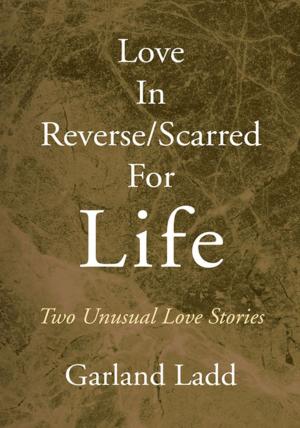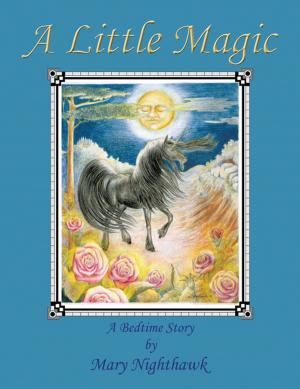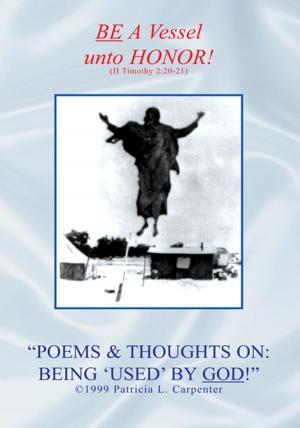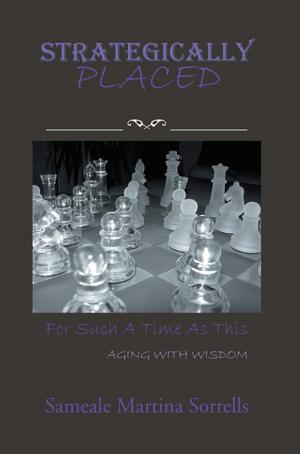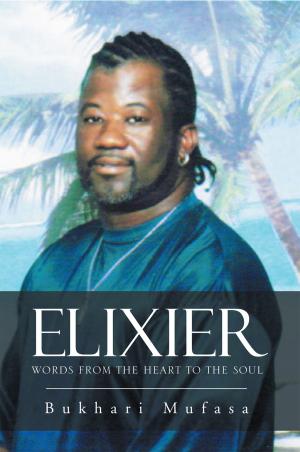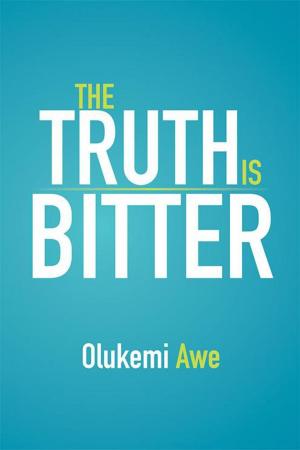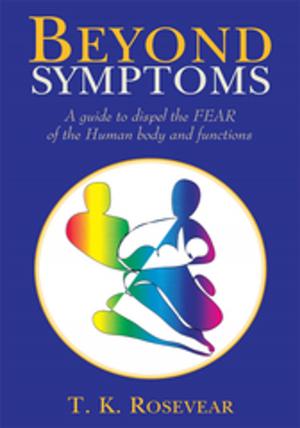Jefferson's Scissors
Solving the Conflicts of Religion with Science and Democracy
Nonfiction, Science & Nature, Science, Religion & Spirituality| Author: | Louis W. Perry | ISBN: | 9781469116013 |
| Publisher: | Xlibris US | Publication: | March 12, 2009 |
| Imprint: | Xlibris US | Language: | English |
| Author: | Louis W. Perry |
| ISBN: | 9781469116013 |
| Publisher: | Xlibris US |
| Publication: | March 12, 2009 |
| Imprint: | Xlibris US |
| Language: | English |
Many books have appeared that argue at the ends of the Christian spectrum on the reality of God. On the left there are such books as, God Is Not Great (Christopher Hitchens) arguing that a god and religion are not needed in todays world, and at the far right Fundamentalists push books which speak of near term disasters to non-believers of God, The Rapture and The Second Coming of Jesus (Finis Dake). Compounding the agitation on sides has been the religious bias of the Bush Administration which has push religious ideology into positions in the government at the federal level with power to diminish sciences contribution to our country and at the state level to lower the standards for science education of students. Outraged scientists fear the future of a country where of the population believe in angels and only one-quarter believe that our ancestors were ape-like. Darwin is now both a science hero and an enemy to the religious. Embattled religious fundamentalists fear that modernity is changing the country into a secular materialistic nation and push to convert the country into a Christian nation. Heightened activity from both sides to attract converts has only increase the conflicts. Neither of these extremes addresses the question of how to bring all three parties, all needed in the future, together to reduce conflicts. Understanding the profound and interlinked changes to religion, science and governance forged by modernity is necessary to support a solution to the conflicts of religion with science and democracy today. Jeffersons Scissors presents a path to a solution to the conflicts by defining acceptable roles for religion and science in our secular democracy by employing a common link between religion, science and democracy that can bring citizens together even with a wide diversity of beliefs. The insight into a solution to the conflicts was first evolved by Thomas Jefferson during his personal search for his own philosophy.
Many books have appeared that argue at the ends of the Christian spectrum on the reality of God. On the left there are such books as, God Is Not Great (Christopher Hitchens) arguing that a god and religion are not needed in todays world, and at the far right Fundamentalists push books which speak of near term disasters to non-believers of God, The Rapture and The Second Coming of Jesus (Finis Dake). Compounding the agitation on sides has been the religious bias of the Bush Administration which has push religious ideology into positions in the government at the federal level with power to diminish sciences contribution to our country and at the state level to lower the standards for science education of students. Outraged scientists fear the future of a country where of the population believe in angels and only one-quarter believe that our ancestors were ape-like. Darwin is now both a science hero and an enemy to the religious. Embattled religious fundamentalists fear that modernity is changing the country into a secular materialistic nation and push to convert the country into a Christian nation. Heightened activity from both sides to attract converts has only increase the conflicts. Neither of these extremes addresses the question of how to bring all three parties, all needed in the future, together to reduce conflicts. Understanding the profound and interlinked changes to religion, science and governance forged by modernity is necessary to support a solution to the conflicts of religion with science and democracy today. Jeffersons Scissors presents a path to a solution to the conflicts by defining acceptable roles for religion and science in our secular democracy by employing a common link between religion, science and democracy that can bring citizens together even with a wide diversity of beliefs. The insight into a solution to the conflicts was first evolved by Thomas Jefferson during his personal search for his own philosophy.

